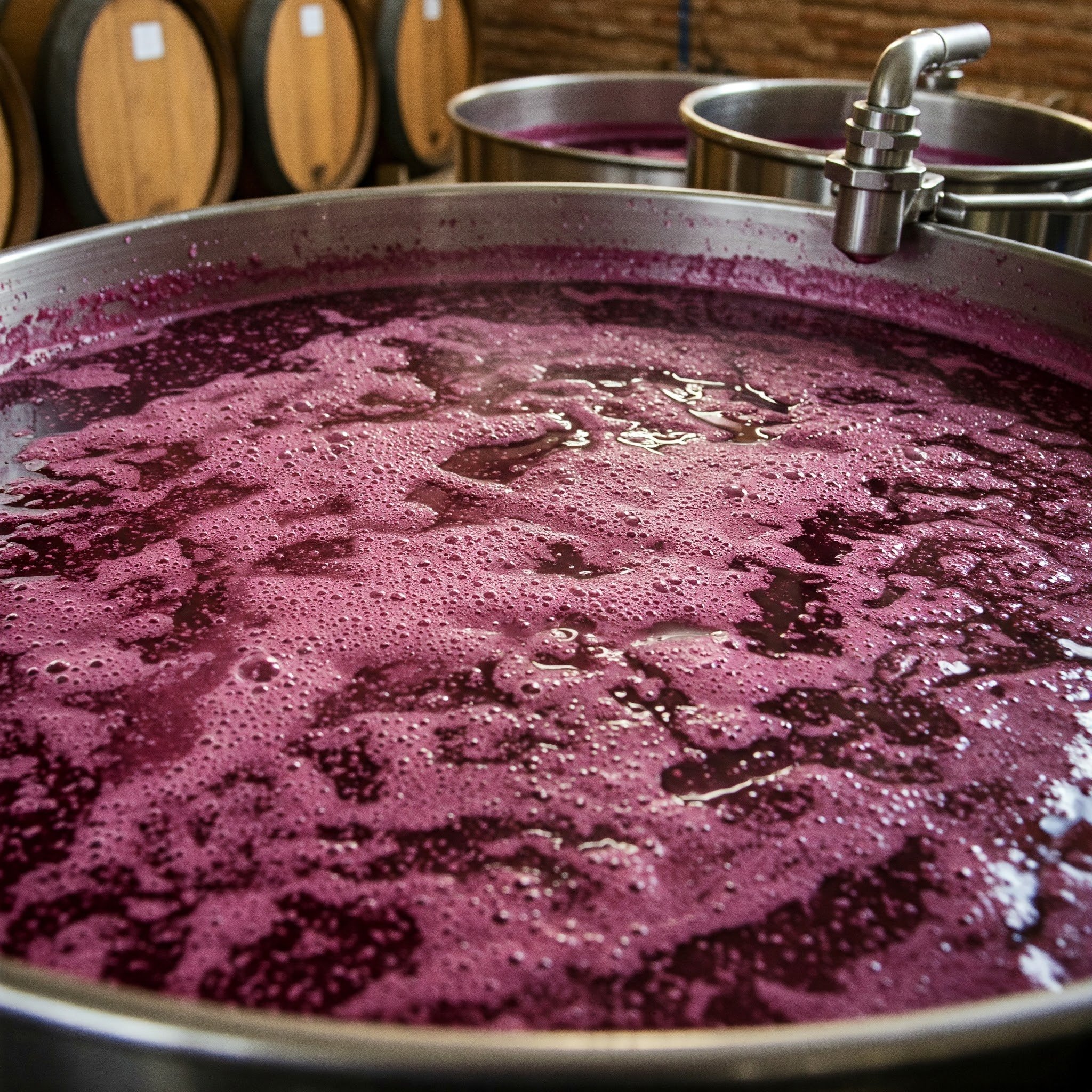Using biotechnology to lower alcohol in wine
Winemakers face the constant challenge of balancing market demands, production costs, and producing high-quality, drinkable wines. This challenge is further complicated by rising production costs and the effects of climate change, which leads to warmer temperatures and riper grapes with higher sugar and lower natural acid levels. This often results in wines with high alcohol levels and the need for acid additions.
Biotechnology offers a smart solution to these challenges through the use of hybrid yeast strains. These strains, produced through careful selection and breeding, can help manage sugar metabolism during fermentation to reduce alcohol content and increase beneficial compounds like glycerol and L-malic acid.
One example is Excellence Celsius, a hybrid yeast developed using quantitative trait locus (QTL) targeting. Trials with this yeast have shown reliable reductions in alcohol content (around 0.5%) and positive impacts on pH and titratable acidity, ultimately contributing to a more balanced and cost-effective wine production.
Biotechnology, particularly through advanced yeast selection, provides winemakers with effective tools to address the challenges of climate change and consumer preferences, enabling the production of quality wines with lower alcohol levels and improved balance.
For more details

